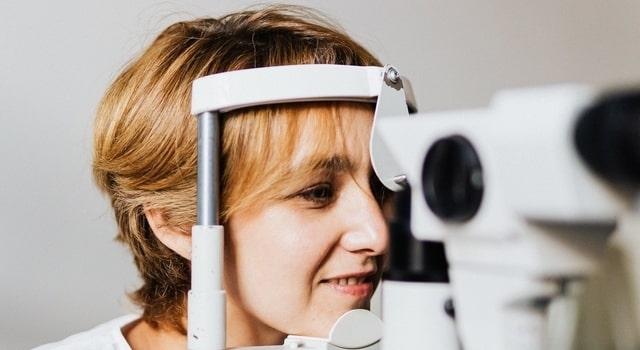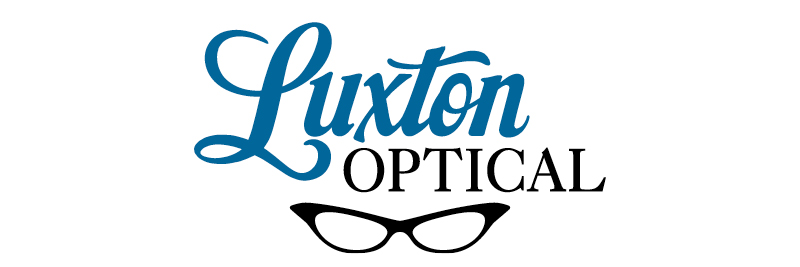
Your eyes are vital to your overall health and well-being, yet they often don't get the attention they deserve until there's a problem. Regular comprehensive eye exams are essential for maintaining optimal eye health and catching potential issues early.
But how do you know when it's time to schedule an exam? Here are the top signs that you need a comprehensive eye exam at .
Signs & Symptoms That It’s Time for A Comprehensive Eye Exam
Changes in Vision
One of the most obvious signs that you need an eye exam is a change in your vision. This can include:
- Blurry vision
- Difficulty seeing at night
- Double vision
- Problems with near or distant vision
These changes can occur gradually or suddenly and may indicate the need for a new prescription or the presence of an underlying eye condition.
Frequent Headaches
Frequent headaches, especially those that occur after reading or using a computer, can be a sign of vision problems. Eyestrain from uncorrected vision issues can cause headaches, making it crucial to get your eyes checked if you experience this symptom regularly.
Eye Pain or Discomfort
Experiencing pain or discomfort in your eyes is not normal and should be evaluated by an eye care professional. This can include:
- Persistent eye pain
- Redness or swelling
- Sensitivity to light
These symptoms can indicate various eye conditions, from infections to more severe issues like glaucoma.
Difficulty Focusing
If you find it hard to focus on objects, whether up close or at a distance, it might be time for a comprehensive eye exam. Difficulty focusing can be a sign of presbyopia (age-related farsightedness), astigmatism, or other vision problems that require correction.
Floaters or Flashes of Light
Seeing floaters (small spots or threads that drift through your field of vision) or flashes of light can be normal, especially as you age. However, a sudden increase in floaters or flashes could indicate a retinal detachment, which is a medical emergency. If you notice these symptoms, schedule an eye exam immediately.
Squinting
If you find yourself squinting to see clearly, it’s a sign that your vision may not be as sharp as it should be. Squinting can temporarily improve focus, but it also indicates that you might need glasses or an updated prescription.
Family History of Eye Disease
If you have a family history of eye diseases such as glaucoma, macular degeneration, or cataracts, it’s essential to have regular comprehensive eye exams. Early detection and monitoring are crucial for managing hereditary eye conditions effectively.
Diabetes or Other Health Conditions
Certain health conditions, like diabetes and high blood pressure, can affect your vision and overall eye health. People with these conditions should have their eyes examined regularly to detect any changes or complications early.
You Haven’t Had an Exam in Over a Year
Even if you don’t have any symptoms, it’s important to have a comprehensive eye exam at least once a year. Regular exams help detect problems early before they cause significant damage or impact your vision.
Schedule Your Next Eye Exam At
Taking care of your eyes is crucial for your overall health and quality of life. If you’re experiencing any of the signs mentioned above, it’s time to schedule a comprehensive eye exam at .
Our experienced team is dedicated to providing thorough eye exams to ensure your eyes are healthy and your vision is clear. Don’t wait until there’s a problem – prioritize your eye health today by booking an appointment.
